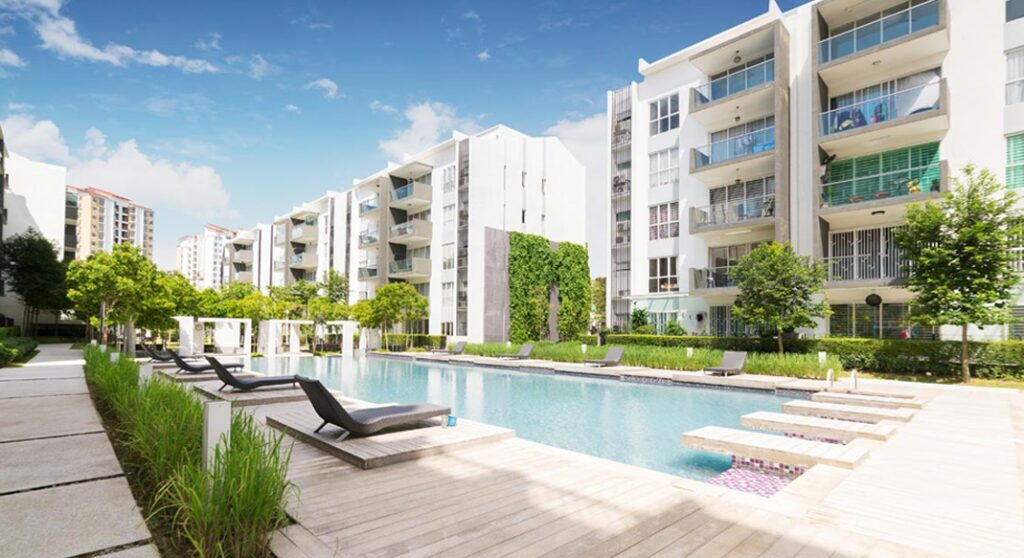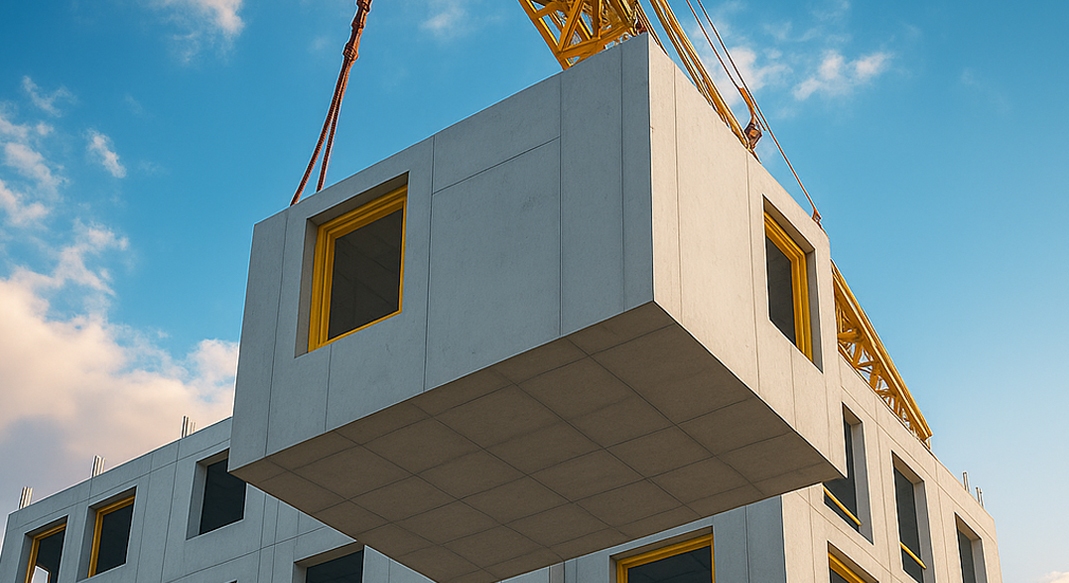Over time, even the best-maintained swimming pools begin to show signs of aging. The surface starts to fade, cracks appear, and the once-smooth texture becomes rough and uncomfortable. When that happens, resurfacing your pool is no longer a luxury but a necessary investment.
In 2025, pool resurfacing costs will continue to vary based on the type of pool, finish, size, and condition. However, before making any decision, you need a clear understanding of what to expect and how to allocate your budget.
This detailed blog explains exactly how much pool resurfacing will cost in 2025, what factors affect those prices, and how each type of finish performs. Whether you own a concrete, fiberglass, or vinyl pool, this guide will help you make informed decisions that enhance your pool’s appearance and prolong its lifespan.
Average Pool Resurfacing Cost in 2025
For most homeowners, resurfacing a 1,000-square-foot pool costs between $6,000 and $15,000. The national average is $11,000, with minimum prices starting around $1,500 and luxury resurfacing projects going beyond $30,000.
| Cost Type | Price |
| National Average | $11,000 |
| Typical Range | $6,000 – $15,000 |
| Minimum | $1,500 |
| Maximum | $50,000 |
| Cost per Sq. Ft. | $6.41 – $7.65 |
These estimates apply to resurfacing only and don’t include refilling the pool, draining, or upgrades.
Cost by Pool Type
The cost of resurfacing a pool depends heavily on the type of structure you have. Each pool type, fiberglass, concrete, or vinyl, has a different resurfacing process, compatible materials, and price range. Understanding how each factor works can help you decide when budgeting for your project.
Fiberglass Pools
Resurfacing a fiberglass pool typically costs between $7,000 and $15,000. These pools have a factory-applied gel coat that eventually wears down due to chemical and UV exposure. Since the gel coat can’t be reapplied onsite, professionals use finishes like EcoFinish or pebble coatings as alternatives.
The existing surface must be sanded and prepared adequately before applying the new material. While the cost is higher than vinyl, fiberglass finishes are durable and offer a smooth, low-maintenance surface.
Concrete / Gunite Pools
Concrete and gunite pools also fall within the $6,000 to $15,000 range. These pools are most often finished with plaster, which naturally degrades and flakes over time. Before resurfacing, contractors sandblast or chemically etch the old surface to create a solid base.
From there, a new finish, such as plaster, quartz, or pebble, is applied. These pools allow for more customization but often require more prep work, which can add to the cost.
Vinyl Pools
Vinyl pools don’t receive traditional resurfacing. Instead, the liner is replaced, which typically costs between $3,000 and $7,500, depending on the pool’s size and the thickness of the liner. This is usually the most affordable option, but it may need to be done more frequently than resurfacing other pool types.
Cost by Finish Type
The finish material impacts both price and durability. Below is a breakdown of common pool resurfacing materials:
| Finish Type | Cost per Sq. Ft. | Total (1,000 SF) |
| Paint | $1 – $2 | $1,000 – $2,000 |
| Standard Plaster | $6 – $8 | $6,000 – $8,000 |
| Quartz Plaster | $7 – $10 | $7,000 – $10,000 |
| Aggregate | $6 – $15 | $6,000 – $15,000 |
| Pebble | $7 – $15 | $7,000 – $15,000 |
| Tile | $8 – $30+ | $8,000 – $30,000+ |
| EcoFinish (Polymer) | $10 – $15 | $10,000 – $15,000 |
Paint is the cheapest option, but it only lasts 5 to 7 years. Plaster provides a smooth surface and lasts around 7 to 12 years. Quartz and aggregate add durability and visual appeal, with 10 to 15 years lifespans. Pebble finishes, especially from brands like PebbleTec, offer long-term performance of 15 to 20+ years.
If budget allows, tile is the most durable and stylish option, with a decades-long lifespan. However, installation is labor-intensive and can exceed $30,000 depending on material and design.
What Influences the Total Cost?
The final cost of resurfacing your pool depends on several key factors beyond the type of finish. These variables can help you plan more accurately and avoid unexpected expenses.
- Pool Size plays a significant role. Larger pools naturally require more materials and labor hours to complete the job. Even a modest increase in square footage can significantly impact the overall budget.
- The condition of the Surface also has a big impact. If your pool has cracks, peeling plaster, or stains that must be addressed before resurfacing, the prep work will take longer and cost more. In some cases, structural repairs must be completed first to ensure the new finish adheres perfectly and lasts.
- Finish Type affects both material cost and labor. More affordable options like paint and standard plaster are quicker to apply, while high-end finishes like tile, pebble, or thermoplastic polymers are more time-consuming and expensive. These premium materials often require skilled labor and detailed application, which adds to the cost.
- Labor Costs differ based on your location and the contractor’s expertise. Professional resurfacing companies generally charge between $45 and $110 per hour, depending on the region and project complexity. Urban areas or markets with high demand may lean toward the higher end of that range.
- Customization can raise your quote further. Options like tinted plaster, custom tile mosaics, or complex pool shapes require more planning, materials, and installation time. These additions offer a unique visual appeal but increase the total investment.
Even when two pools use the same finish, one may cost significantly more if it needs substantial surface prep, repairs, or custom work. Therefore, requesting a detailed quote after a professional inspection is always best rather than relying on averages alone.
Additional Costs to Include in Your Budget
Beyond the resurfacing material itself, you need to plan for the following essential services:
Draining and Cleaning: Your pool must be drained and prepped before resurfacing. This process, on average, costs $600 to $650. Cleaning removes scale, algae, and debris so the new surface adheres properly.
Refilling the Pool: Once resurfaced, the pool needs refilling:
- Using a garden hose costs $40 to $400 and takes 12 to 36 hours.
- Water delivery trucks cost $400 to $2,000 and fill the pool in under an hour.
Some finishes require 7 to 10 days of curing before you can refill.
Contractor and Permit Fees: If you hire a general contractor, expect to pay an additional 13% to 22% for overhead and project management. Permit and inspection fees may apply depending on your location.
How Often Should You Resurface a Pool?
The frequency depends entirely on the finish:
- Paint: Every 5-7 years
- Plaster: Every 7-12 years
- Quartz Plaster: Every 10-15 years
- Aggregate / Pebble: Every 15-20 years or longer
- Tile and EcoFinish: 25+ years
Proper pool maintenance, including maintaining a balanced pH level, controlling chlorine levels, and regular brushing, can extend the life of any surface and delay the need for resurfacing.
How Long Does Resurfacing Take?
Resurfacing usually takes 5 to 7 days, although complex finishes or bad weather may delay the project. The process includes draining, surface removal, prep work, application of the new finish, and curing.
EcoFinish and tile require more time due to the added precision and extended drying time. Be sure to ask your contractor how long your chosen finish must last before refilling.
Should You Hire a Pro or Do It Yourself?
While resurfacing kits exist, most homeowners should not tackle this task alone. Professionals ensure proper surface preparation, material application, and curing timelines. They also offer warranties and access to commercial-grade products.
Mistakes during DIY resurfacing, especially on concrete or fiberglass, can lead to peeling, leaks, or uneven surfaces. Hiring a qualified contractor is the better choice for a long-lasting, safe result.
Urban Complex GC. LLC offers expert pool resurfacing services in Arizona, California, Nevada, Washington, and beyond. We enhance safety, reduce maintenance costs, and boost property value, ensuring your pool remains a valuable and inviting asset for residents and guests.?
Conclusion
Resurfacing your pool is one of the most important long-term investments in your outdoor space. It restores beauty, enhances safety, and adds years to the life of your pool. In 2025, you can expect to spend between $6,000 and $15,000 for standard resurfacing, with higher prices for premium finishes like tile or EcoFinish.
To get the most value from your resurfacing project, carefully choose your materials, assess your pool’s condition, and work with experienced professionals. Maintain a balanced water chemistry, and resurface at the recommended intervals to enjoy a beautiful, safe, and durable pool year after year.
Frequently Asked Questions
How often does a pool need to be resurfaced?
The frequency of pool resurfacing depends on the type of pool and its maintenance. Concrete or plaster pools typically require resurfacing every 3 to 7 years, while fiberglass pools can last 15 to 30 years before needing resurfacing.
Does resurfacing a pool add value to your home?
Yes, resurfacing a pool can increase your home’s value by enhancing its appearance and lifespan. A well-maintained and visually appealing pool can attract potential buyers and positively impact property appraisals.
What is the best type of pool resurfacing?
Fiberglass and tile are considered the best options for pool resurfacing due to their durability, low maintenance requirements, and aesthetic appeal. Fiberglass provides a smooth, non-porous surface resistant to algae and stains, while tile offers a luxurious finish with a long lifespan.
What’s the difference between resurfacing and replastering a pool?
Resurfacing involves replacing the entire interior surface of a pool, offering various material options, such as fiberglass, tile, or aggregate. Replastering refers explicitly to removing and replacing the plaster layer in concrete pools, typically as a maintenance measure.





